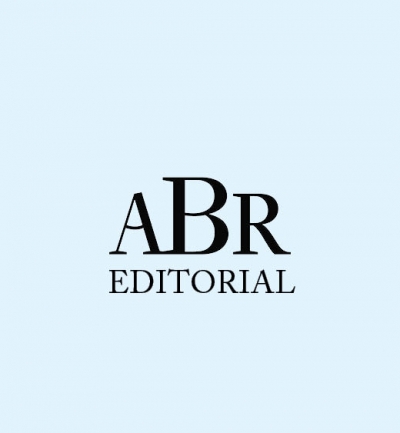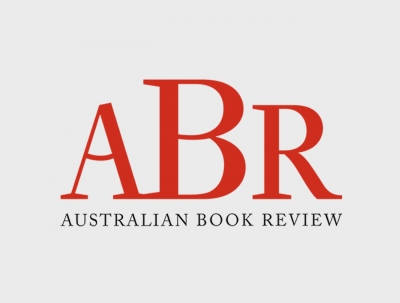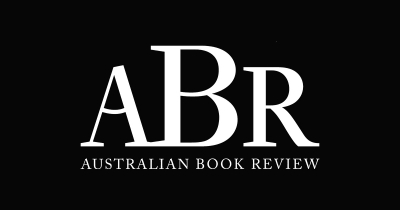Editorial
Fifteen years ago, the new Rudd government announced the creation of the Prime Minister’s Literary Awards (PMLAs), to be administered by the Minister for the Arts. There were two prizes at the outset – fiction and non-fiction – each worth $100,000 – tax free to boot. Given the precarious incomes of most Australian writers, the prizes could not have been more welcome. Later, after some lobbying, young adult and children’s fiction were added, followed by poetry and Australian history. Sensibly, like other literary prizes, the PMLA organisers decided in 2011 to reward all the shortlisted authors, not just the winner.
... (read more)There are times when the act of editorialising seems reckless, if not otiose. Any such column, written on 20 September, runs the dual risk of belatedness – or prematurity. So appalling were the events of 11 September, and so ominous their ramifications, no one can be confident of the likely international developments in coming weeks, days, or even hours. All we can do at ABR is to sympathise with the families of those killed in New York, including a number of Australians, while also following events and covering the issues and inevitable publications in these pages.
... (read more)In this issue, Hugh Mackay replies to Richard Hall’s essay in last month’s issue and his reply is printed here in full, unedited, at his insistence – which was communicated to me by his lawyers. As a matter of principle, of course, ABR offers right of reply, which is indeed a regular feature of the magazine, most commonly through the letters to the editor. On this occasion, given Hugh Mackay’s insistence, ABR includes his 3,300-word reply as a special feature.
In his reply, which he calls a ‘rebuttal’, Hugh Mackay points out that The Mackay Reports are not ‘books’ and therefore wonders ‘why they got a run in ABR’. I am interested that Hugh Mackay appears puzzled that matters not in ‘book’ form should come into the domain of ABR.
... (read more)The forbearance of those writers who entered the Australian Book Review and Reader’s Feast Short Story Competition has been as exemplary as their commitment to short fiction. I am pleased to be announce the shortlist:
Ian McFarlane: ‘A Balance of Probabilities’
Katarina Mahnic: ‘Flying Recipe’
B.E. Minifie: ‘There Has to be a Resemblance’
Carrie Tiffany: ‘Dr Darnell’s Cure’
Susan Yardley: ‘The End Is Where We Start From’
... (read more)I has sworn, in my editorial capacity, not to reinforce or allow to be reinforced, by word or deed, the old Sydney vs. Melbourne scenario in the pages of this magazine; but I realised very quickly that this was a case of one’s reach exceeding one’s grasp. The construction of this inter-city relationship as ‘St Petersburg or Tinsel Town?’, with its suggestion of two (and only two) opposing superpowers and its implication that one must make the choice, has – however you might feel about it – an imaginative force before which one can only bow. Several recent items in ABR have drawn on the two cities’ perceived differences in order to make points about the books or ideas under discussion (see, for instance, Rob Pascoe’s review of Frederic Eggleston and Intellectual Suppression in this issue); Jim Davidson has produced The Sydney Melbourne Book as heralded in last month’s ‘Starters & Writers’; the ‘opposition’ model seems to be a powerful figure in the national literary rhetoric.
... (read more)What a difference a month makes! In late March, as we were sending the April issue to press, how bleak the outlook was here in Australia, but especially overseas. Future print editions seemed doubtful because of the scale of the threat and the imminent lockdown.
... (read more)After a summer of bushfires across the nation and phenomenal loss and destruction, Australia – like the rest of world – now faces a health crisis of fearsome scope. As we go to press (earlier than planned because of present uncertainties), the scale of the threat, unprecedented in our times, is becoming stark.
... (read more)This year, the Australian bushfire season began in winter. A long, dry summer – the warmest on record – lingered into and then beyond autumn. By spring, more than one hundred uncontrolled fires were raging across the eastern seaboard, reaching into ecological regions unfamiliar with flame. It is alarming how routine such record-breaking extremes have become, and ...
Welcome to our final issue for 2001! Our summer issue – arrestingly illustrated on the cover – is a double one, and longer than previous ones this year. Funds permitting, we hope to be able to publish more eighty-page issues in 2002, especially in the second half of the year, when so many Australian books, both general and scholarly, are published. This expansion allows us to add new features: ‘Best Books of the Year’ column (children’s as well as adult books); short fiction; and a ‘Summer Reading’ column, containing brief reviews of worthy titles for which we haven’t been able to find the wonted page or two. Columns such as ‘Best Books of the Year’, in which various critics nominate two favourite books of the year and one ‘surprise’, are certainly not intended to be the last word on the subject. Such columns are inevitably subjective. But it is interesting to hear from some of our regular critics and contributors about their assessment of quality publications here and overseas. If it points some readers to fine books they may have overlooked, I think it is worthwhile.
... (read more)‘A pox on the GST!’ wrote one of our many new readers last month when filling in her subscription form. ABR has long been famous for its feisty correspondence (never more so than last month). This editor is not about to disagree with our new subscriber. The imposition of GST on books and magazines surely rates as one of the crasser political acts in recent years. Anyone unsure of its effect on literature in this country should ask booksellers and publishers what sort of a year they had in 2000. Readers weren’t unscathed, either.
... (read more)



